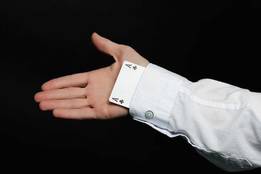1
: one of the chessmen of least value having the power to move only forward ordinarily one square at a time, to capture only diagonally forward, and to be promoted to any piece except a king upon reaching the eighth rank
2
: one that can be used to further the purposes of another
pawned; pawning; pawns
: to deposit in pledge or as security especially in exchange for money
Love words? Need even more definitions?
Merriam-Webster unabridged
















Share